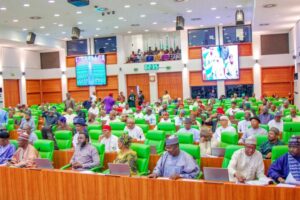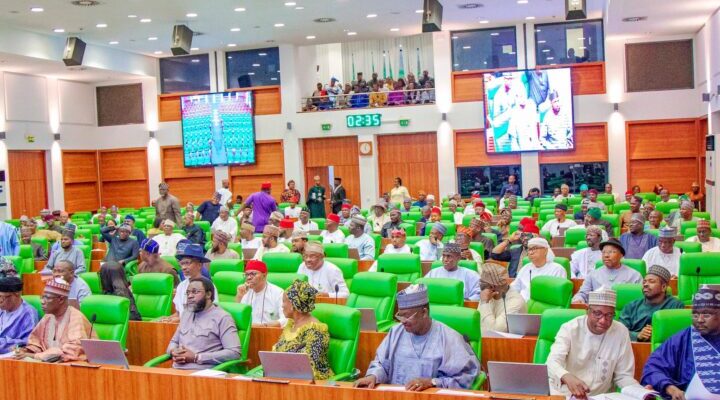
Tajudeen Abbas, the Speaker of the House of Representatives, announced that the lower house will increase the revenue targets set for government entities. He made this statement on Wednesday during the Special Committee on Crude Oil Theft’s inaugural meeting at the National Assembly in Abuja.
According to the speaker, there are revenue leaks throughout the nation, which forces the government to borrow money to pay for the budget.
Abbas said, “Nigeria is facing significant financial challenges due to a combination of rising expenditures and falling revenues. You may recall that the proposed revenue and expenditure for 2023 stands at N9.73 trillion and N20.51 trillion, respectively.
“This means a fiscal deficit of N10.78 trillion, which is about 4.78 percent of the GDP. This deficit is the largest in Nigeria’s history, and with a budget more than double the proposed revenue, we are faced with the challenge of borrowing to cover the gap.”
According to Abbas, the parliament will “significantly raise” the goals for lowering government borrowing for all entities that generate revenue for the government.
“I think these agencies can generate a lot more than they do now,” he stated.
The speaker stated that “a lot more will be required of our key revenue-generating agencies in 2024” in the lawmakers’ engagement with ministries, departments, and agencies (MDAs) on the 2024–2026 MTEF.
Abbas said, “We expect them to double their total annual revenue profile. However, to achieve this, these agencies must reduce wastage and improve efficiency, especially in collection.
He said, “In addition to this, revenue-generating agencies must ensure transparency in the management of generated revenues. Let me state clearly that the house will not tolerate low performance by agencies or failure to show evidence of required remittances to the federation account.
“We shall also closely monitor and undertake strict oversight of the activities of all revenue-generating agencies to ensure compliance.” According to Abbas, the “biggest threat to Nigeria’s economy” is the theft of crude oil, with an estimated 300,000 barrels lost every day.
The speaker mentioned that there are “severe consequences” to crude oil theft, such as poor climate investment, challenges to regional peace and security, environmental disasters, and the proliferation of weapons.
“It is estimated that the nation loses N1.29 trillion in oil revenues annually as a result of industrial-scale theft,” he stated.
According to Abbas, the committee’s goal is to identify the close and distant reasons for oil theft and suggest corrective actions to the house. He claims that the committee’s establishment demonstrates the parliament’s steadfast commitment to safeguarding the country’s resources and punishing those who conduct the “dreadful crimes.”
According to Doguwa, pipeline vandalism and oil theft continue to be serious risks to the country’s ecology, economy, and security. “It is imperative that we address these issues and strengthen our laws, technology, and security measures,” he declared.

Comments